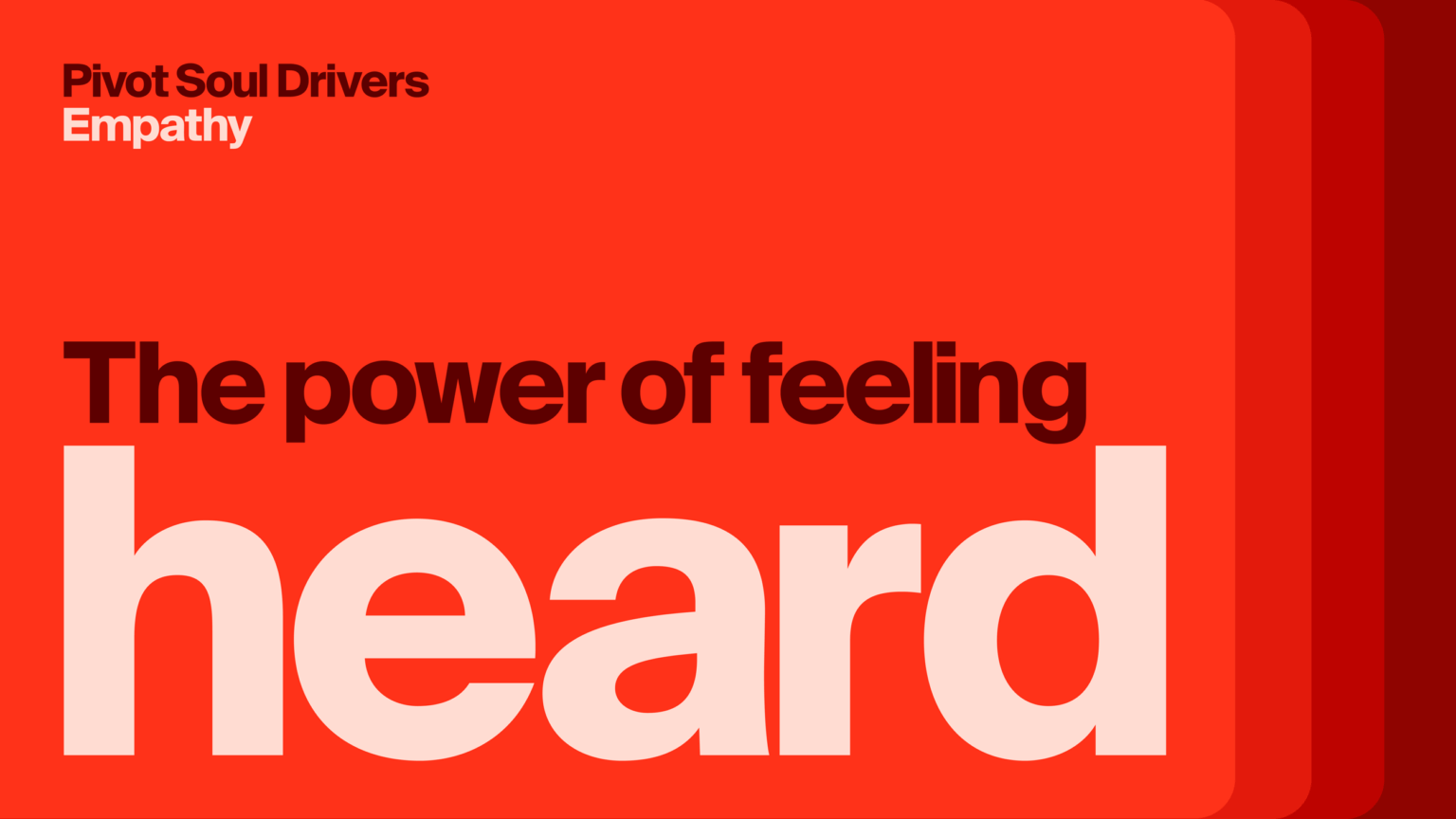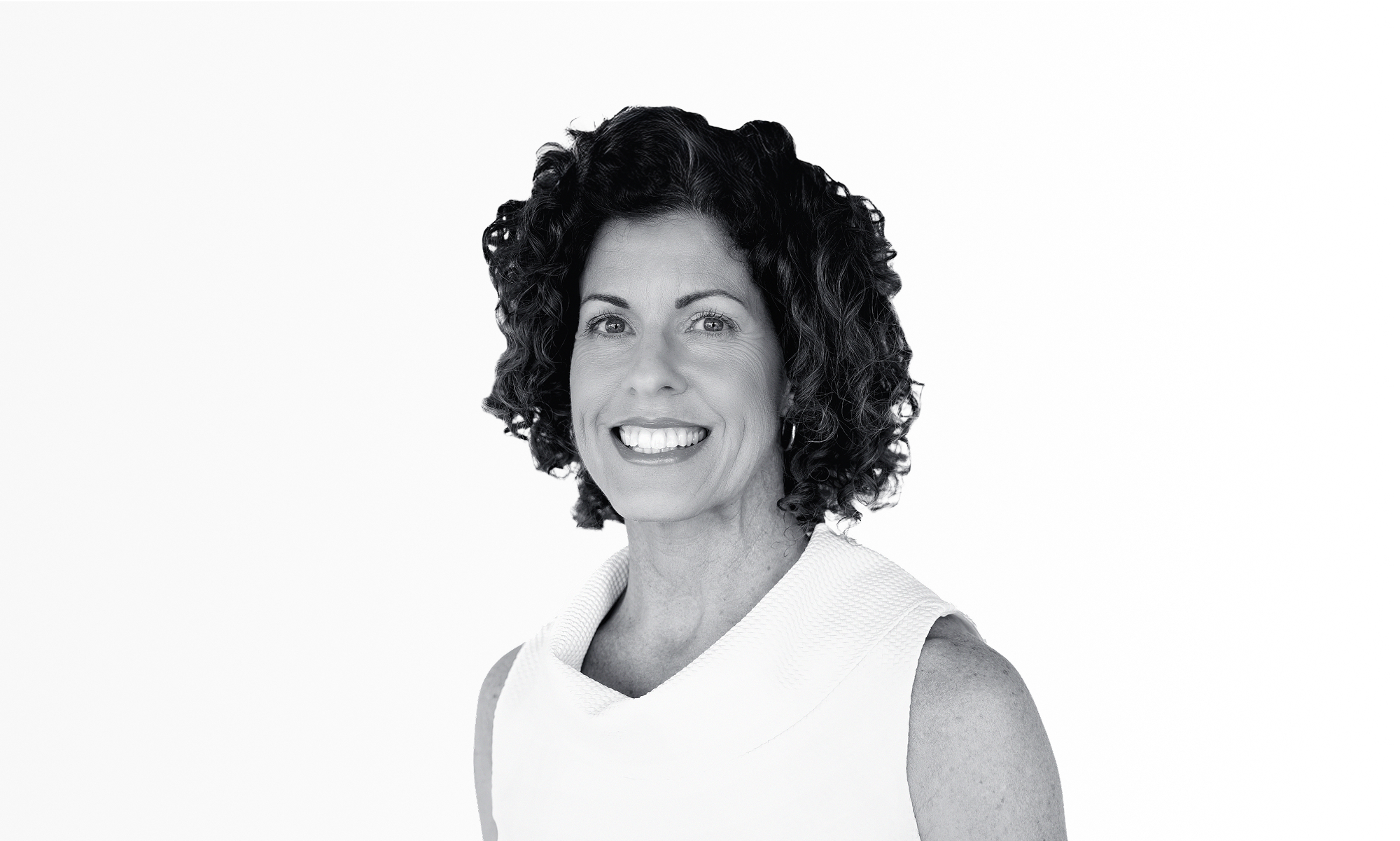
Listening says the most.
“When I really want the truth, asking the doctor is not where it’s at. I go to my people. My community.”
Patients teach us so much.
I recently completed interviews for a research project at Pivot, and these words hit me. Because I’ve been there. Maybe we all have. Truth isn’t always found in the person with the big title. But in healthcare, shouldn’t it be?
Not for this mom. She told me about years spent fighting to get her child diagnosed and on therapy, only to realize that none of the specialists she worked with had the capability—or interest—to help coordinate a care plan with school. It wasn’t until a friend connected her to parents of children with the same diagnosis that she was able to figure out what to do next.
Today, it’s her community more than medical professionals who help her chart the next step of her child’s care. “They get the disease,” she told me about her doctors, “but they don’t know me.”
What patients are looking for most isn’t medication or therapy; it’s feeling understood. Yet that’s exactly where the system often fails them.
They don’t know me. As a strategy director, I’ve listened to countless patients and caregivers describe the disconnect between what they need and what’s offered as they navigate their healthcare journey. During some of the most vulnerable moments of their lives, what they’re looking for most isn’t medication or therapy; it’s feeling understood. And yet, that’s exactly where the system often fails them.
In the U.S., 52% of adults feel their symptoms are ignored, dismissed, or not believed.1 And 73% say healthcare fails to meet their needs in some way.2
Clearly, something is missing. Soul.
At Pivot, we believe great brands have soul: a connection to something real, and a promise that resonates. Empathy, one of our four Soul Drivers, is the essence of that connection and promise. We prioritize understanding the experiences of our audiences, whoever they may be: consumers, patients, care partners, HCPs. What are their motivations and fears? What do they value? What do they need to know—and feel—before they’re ready to act?
We prioritize understanding the audience’s experience. What do they need to know—and feel—before they’re ready to act?
Empathy is the heart of our work. It’s particularly vital in disease state education. We’ve helped scores of clients develop breakthrough programs. One of our best is Living with IBD, created with Takeda’s IBD Strategy team. From the earliest stages, the honest experiences of patients living with Crohn’s disease and ulcerative colitis were our inspiration and guide for our strategic approach and content. They were even our voice.
We see you and we’re here. Today, patients hear that message mostly from others who walk the same path. Imagine how much more powerful it could be if it also came from the brands who know the road, too.
- MITRE-Harris Poll, December 2022
- The Harris Poll, May 2023
